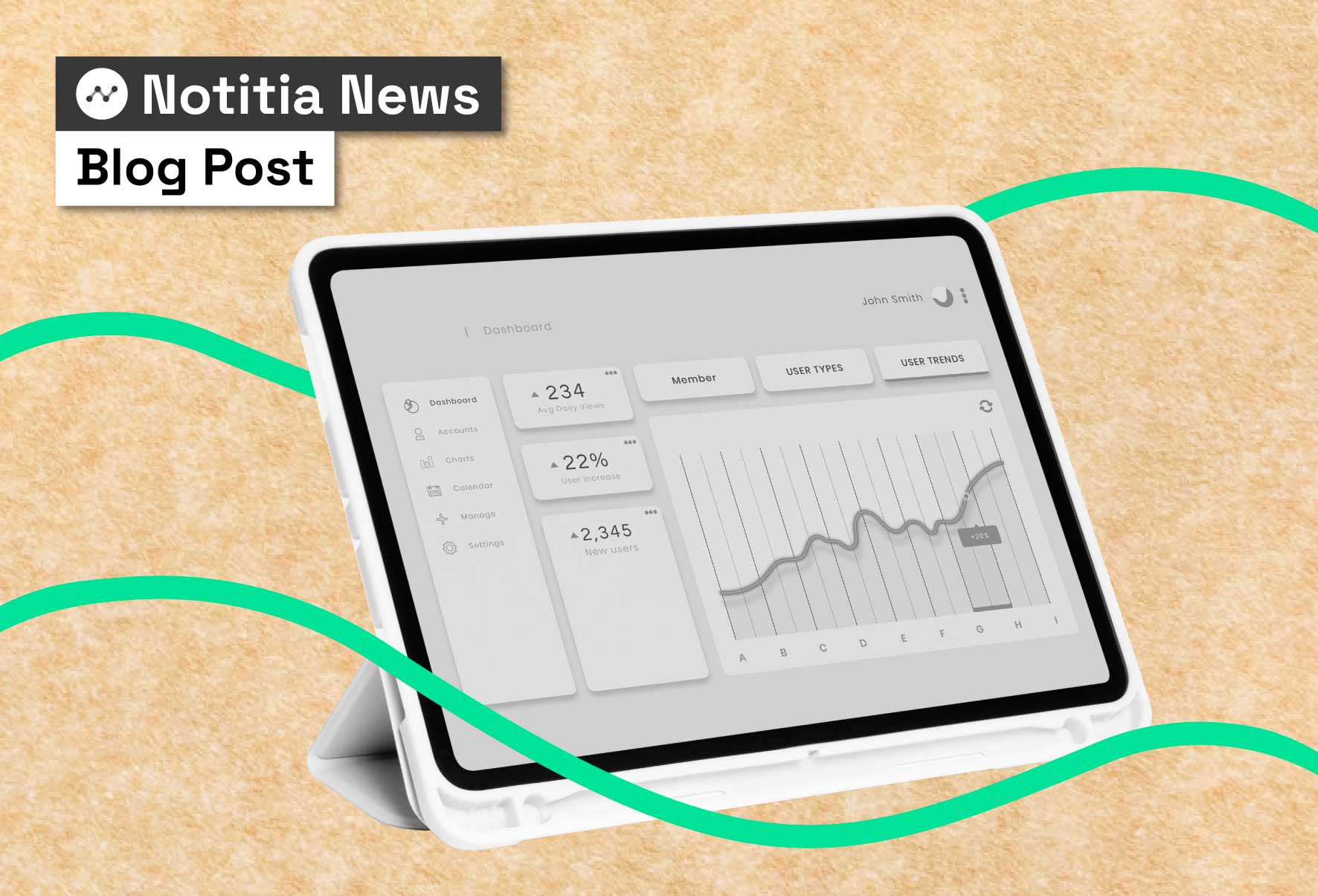Why is data accuracy important for businesses? | How can businesses ensure data accuracy? | How does data completeness affect business outcomes? | How can businesses ensure data completeness? | Why does data timeliness matter in business reporting? | How can businesses ensure timely data? | How can diverse data improve business decisions? | How do you ensure diversity in your data? | What preprocessing steps should you take?
Data quality plays a crucial role in driving successful decision-making. Whether you’re in healthcare, government, or FMCG, the reliability and accuracy of your data directly influence your business outcomes. Poor data quality can lead to flawed insights, biased conclusions, and costly business decisions.
Our team work closely with our clients to enhance data quality, ensuring that they have the foundation needed to solve complex problems and achieve meaningful results.
What is Data Quality?
Data quality refers to the condition of your data and how well it supports effective decision-making.
To be useful for any business process, data must be these five things:
- Accurate
- Complete
- Consistent
- Timely
- Diverse
Without these qualities, your data-driven efforts could fall short, potentially leading to misinformed decisions.
#1 to #5 of Data Quality
1. Accuracy: Getting It Right the First Time
Why is data accuracy important for businesses?
Accuracy is key to ensuring your business makes decisions based on reliable data.
For example, when we worked with North East Link State Authority (NELSA) on their Qlik Sense SaaS migration, ensuring data accuracy was critical for delivering reliable reports that informed major infrastructure decisions. Errors in data would have compromised the project’s overall effectiveness.
How can businesses ensure data accuracy?
- Regularly audit datasets for errors.
- Use automated tools to detect anomalies and correct them.
2. Completeness: Covering All Bases
How does data completeness affect business outcomes?
Incomplete data can lead to biased or incorrect results. During our work with Murrumbidgee Primary Health Network (MPHN), we focused on ensuring the completeness of data for Australian Institute of Health and Welfare (AIHW) and Practice Incentives Program Quality Improvement (PIPQI) reports, which are both critical for health service planning in the region. Without full datasets, the reporting would have lacked the necessary detail to support accurate decision-making.
How can businesses ensure data completeness?
- Standardise data collection across departments.
- Implement validation techniques to identify and resolve missing data.
3. Consistency: Uniformity in Your Data
Why is data consistency important for business insights?
Consistency ensures that your data follows uniform structures and formats, reducing the risk of errors during analysis.
When we worked with Netball Victoria on their reporting systems, maintaining consistency across various datasets was essential to produce reliable insights into their membership and participation trends, supporting effective decision-making for future strategies.
How do you ensure data consistency?
- Implement standardised data formats and definitions.
- Regularly reconcile datasets from multiple sources to maintain consistency.
4. Timeliness: The Role of Up-to-Date Data
Why does data timeliness matter in business reporting?
Using current data is critical for businesses operating in dynamic environments. For example, when Notitia partnered with WentWest, ensuring real-time data was a priority for effective healthcare service delivery. By maintaining up-to-date data pipelines, we helped them make timely decisions that aligned with ongoing changes in healthcare needs.
How can businesses ensure timely data?
- Automate data updates through real-time pipelines.
- Regularly refresh datasets to keep the information relevant.
5. Diversity: Reducing Bias in Data
How can diverse data improve business decisions?
Diverse datasets help ensure your insights are inclusive and fair, representing all relevant scenarios and demographics. During our projects with Primary Health Networks (PHNs), we worked to incorporate diverse data sources to ensure our reports and tools delivered comprehensive, unbiased health insights that supported equitable decision-making across various population groups.
How do you ensure diversity in your data?
- Collect data from a wide range of sources and demographics.
- Audit datasets regularly to identify and address any biases.
Preprocessing: Preparing Your Data for Success
Best data preprocessing techniques for accurate business insights:
Before your data is ready for analysis, it must be preprocessed. This includes tasks like cleaning, normalising, and structuring the data to ensure accuracy. When Notitia worked with North West Melbourne PHN, we performed thorough data cleaning to ensure the Health Needs Assessment (HNA) tool provided accurate and actionable insights. Proper preprocessing ensures that the data you use drives meaningful business outcomes.
What preprocessing steps should you take?
- Clean data by removing duplicates and correcting errors.
- Normalise datasets to ensure consistency in how variables are handled across different datasets.
Achieving Better Business Outcomes with High-Quality Data
Data quality is the foundation of any successful data-driven initiative. By focusing on accuracy, completeness, consistency, timeliness, and diversity—and applying the right preprocessing techniques—businesses can trust that their data will lead to actionable insights and informed decisions.
Notitia specialises in helping businesses enhance their data quality. Whether through cloud migrations, real-time reporting, or customised analytics solutions, our team is ready to support your journey towards better data-driven decisions.
Let’s chat about how we can improve your data pipelines and help you achieve your goals.






